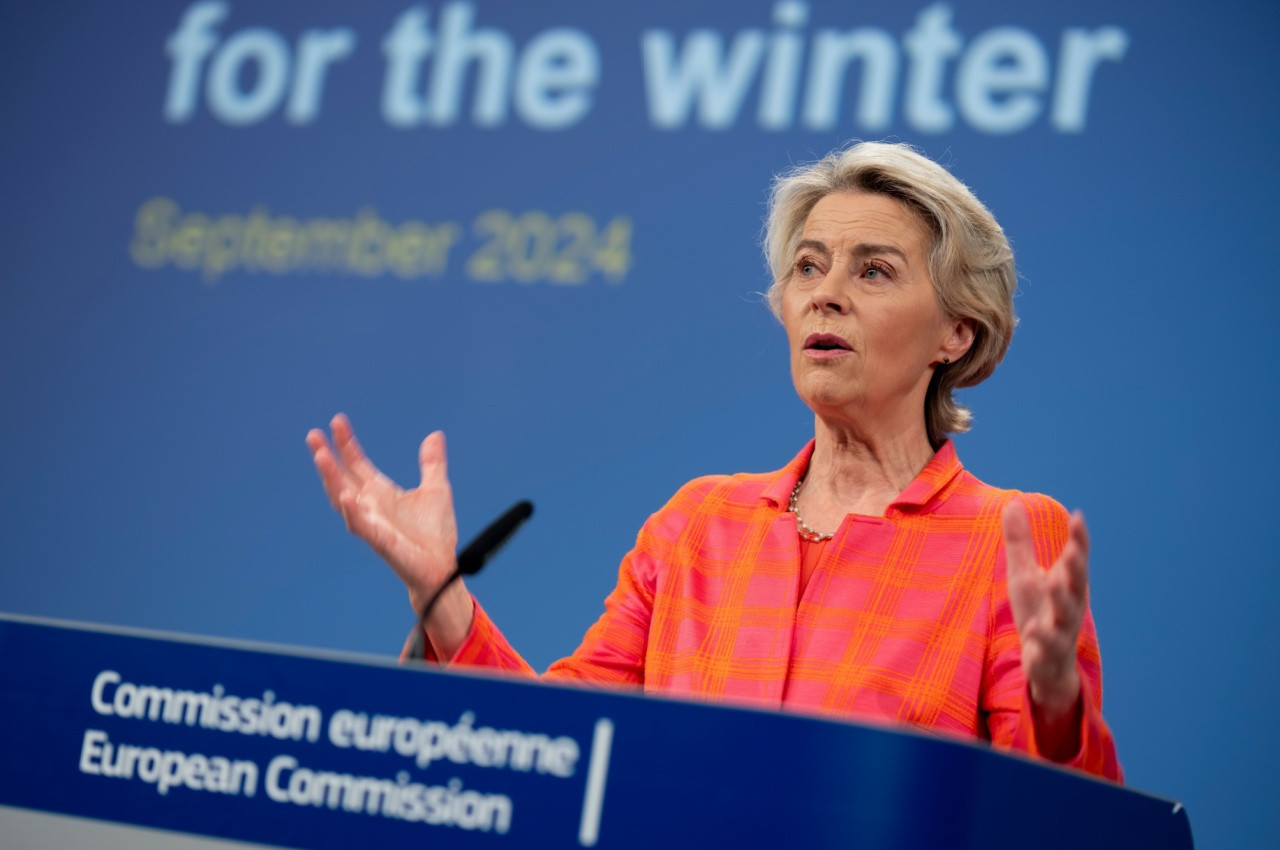The figure defies the understanding of any self-respecting household: in three financial years, the European Union's debt has increased by 93.7% while its revenue has risen by just 3.6%, according to the annual report on the EU budget issued by the European Court of Auditors.
What's more, adds the ECA, for the second year running, a mountain of commitments, totalling €543bn, must be spent or they will disappear from the budget and can no longer be allocated to the projects planned, including €238.6bn in post-covid crisis financing. “That's the plan,” the president of the European Commission, Ursula von der Leyen, said in her July policy statement, without going into further detail.
The European "whatever it takes" approach - to paraphrase French president Emmanuel Macron - has been hit by Russia’s war in Ukraine, to which the EU has contributed twice as much in 2023 as in 2022 (€33.7bn compared with €16bn), but this alone is far from explaining the financial slippage.
Finding financial resources
"Our annual report highlights a number of risks and challenges to the EU budget, including the risk of decommitments, increasing financial exposure and the growing financial risks posed by Russia's war of aggression against Ukraine," the ECA said. "In addition, new priorities for the future, such as security and defence, as well as enlargement, will require a substantial increase in funding. Decision-makers will have to find ways of meeting these financial needs. We look forward to working with the new commission and the new European Parliament to improve the management and oversight of EU funds."
This is a real issue for von der Leyen’s new team. With the loans linked to NextGenerationUE, member states' contributions have decreased in percentage terms but increased in volume, as have VAT and customs duties, and the tax on non-recycled plastic packaging will not save the EU budget - even though it brought in €7.2bn last year.
The new president of the European Commission has sketched out some possible solutions. With an awareness. "Spending at European level during the budget period (...) is spread over too many overlapping programmes - many of which fund the same things, but with different requirements and creating difficulties in combining funding effectively. We need to better focus our EU spending on our common priorities."
A simpler, more targeted and more effective budget, in other words, with the creation of a European Competitiveness Fund to finance innovative technological projects that bring together different partners and European member states by mobilising "national, private and institutional funding".
"New own resources will be needed to ensure sufficient and sustainable financing for our common priorities", she says, three sentences later.
Capital Markets Union to be completed
"We will maximise public investment and leverage and reduce risks to attract private capital, in close cooperation with the European Investment Bank", said von der Leyen. "These investments cannot be financed by public money alone. The completion of the capital markets union could attract €470bn of additional investment per year". This figure should be compared with the savings of Europeans, estimated by the European Central Bank at over €740bn.
Finally, "we also need to optimise our use of public procurement, which represents 14% of the EU's GDP. A 1% efficiency gain in public procurement could translate into annual savings of €20bn. It is also one of the main levers we have to develop innovative goods and services and create lead markets in the field of clean and strategic technologies". This reform will give European preference in certain sectors of activity and make the processes simpler, to the benefit of start-ups and innovative companies.
New discussions will emerge in the course of European budgetary exercises, even if, it is true, we are still a long way from the $35,688bn of debt in the United States or China’s $12,590bn debt, note the cynics.
Read the original French-language version of this report
